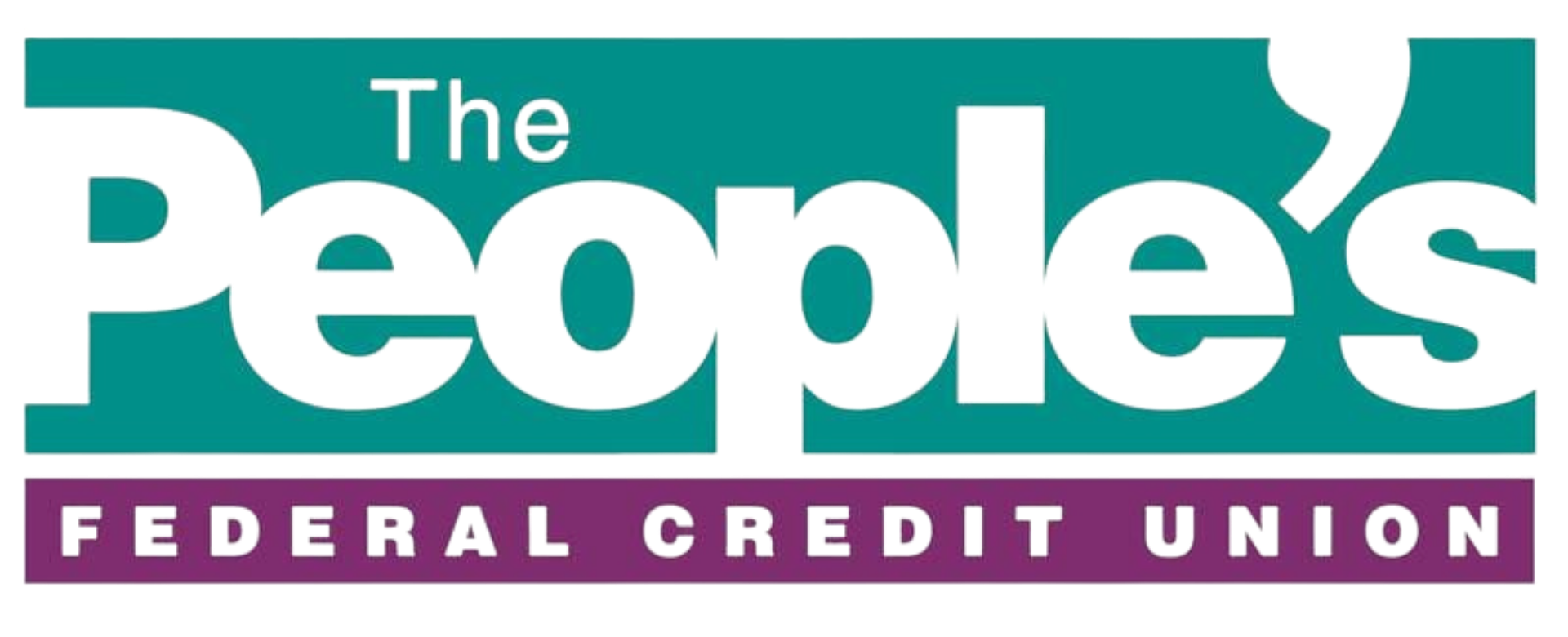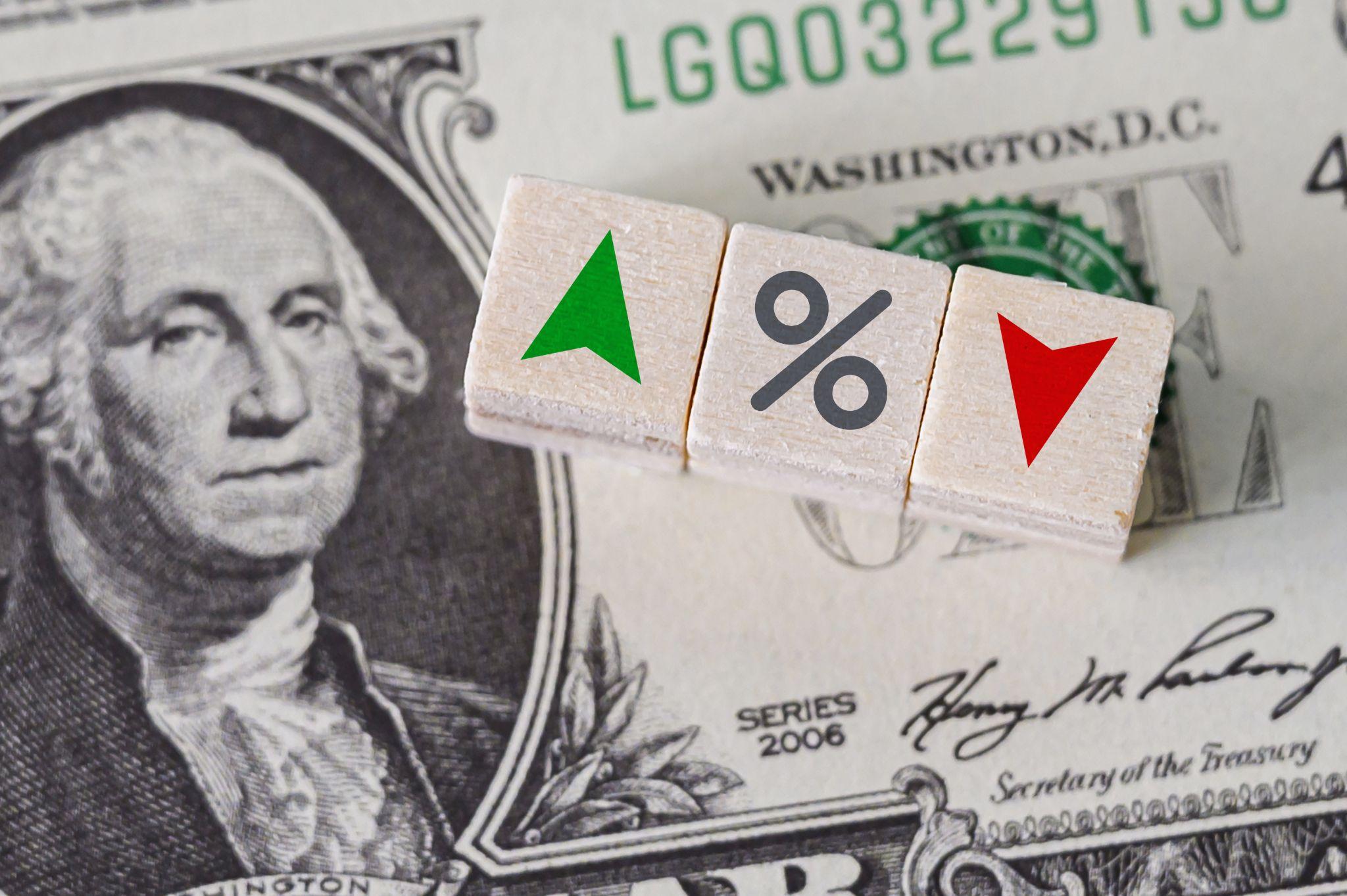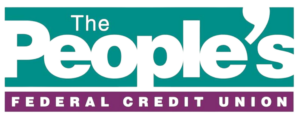Interest rates affect nearly every part of your financial life, from borrowing money to saving for the future. If you’ve ever taken out a loan, used a credit card, or opened a savings account, you’ve encountered interest rates. Understanding what interest rates are and how they work can help you make smarter financial decisions, whether you’re borrowing or saving.
What Is Interest?
Interest is the cost of borrowing money or the reward for saving it. When you borrow money from a lender, you agree to pay back the original amount plus an extra fee—the interest.
On the flip side, when you deposit money into a savings account or certificate of deposit (CD), the financial institution pays you interest as a thank-you for letting them use your money to lend to others.
What Is an Interest Rate?
An interest rate is the percentage of the original loan amount or deposit. For loans, the interest rate is the cost of what you owe in addition to repaying the principal (the amount borrowed). For savings accounts, it’s what the bank or credit union pays you.
A few simple examples of how interest rates work are:
- If you borrow $1,000 with a 5% annual interest rate, you’ll owe $50 in interest after one year.
- If you save $1,000 in a savings account with a 2% interest rate, you’ll earn $20 in a year.
How Is Interest Related to Interest Rates?
Interest rates determine how much interest you pay or earn.
A higher interest rate means:
- You’ll pay more to borrow money.
- Your savings account grows faster.
Conversely, low interest rates mean:
- You’ll pay less to borrow money.
- Your savings account grows slower.
Interest is the actual dollar amount, while the interest rate is the percentage used to calculate the interest payment.
Types of Interest Rates
There are several types of interest rates you might encounter:
- Fixed Interest Rate: Stays the same throughout the life of a loan or savings product.
- Variable Interest Rate: Can change over time based on market conditions.
- Simple Interest: Calculated only on the principal amount.
- Compound Interest: Calculated on the current balance, not the principal.
Factors That Determine Interest Rates
- Economic conditions: When inflation increases, rates go up and drop when inflation decreases.
- Central Bank Policies: Decisions made by the Federal Reserve directly impact interest rates. The Federal Funds Rate, the rate at which banks lend money, often serves as a benchmark.
- Credit score: Interest rates on loans and credit cards will vary based on credit scores.
- Loan term: Longer-term loans may have higher rates to offset the risk of lending over a longer period.
- Type of Loan: Different loans, like mortgages, car loans, personal loans, and credit cards, typically have different interest rates.
- Lender policies: Each bank or credit union sets its rates.

Do Interest Rates Matter?
Yes, interest rates have a big impact on your finances:
- For Borrowers: A lower interest rate means lower monthly payments and less paid over the life of the loan.
- For Savers: A higher interest rate helps your money grow faster in savings accounts, CDs, or other investments.
How Are Interest Rates and APR Related?
The annual percentage rate (APR) is a broader measure of the cost of borrowing. It includes the interest rate plus any fees or additional costs associated with the loan. While the interest rate tells you what the lender charges for borrowing money, the APR gives you the total yearly cost of the loan.
What Is Considered a Favorable Interest Rate?
A favorable interest rate is one that gives you a financial advantage—either by minimizing the cost of borrowing or by maximizing the return on your savings. What’s considered “favorable” can depend on the broader economic environment, your personal credit profile, and the type of financial product involved.
For loans, a lower interest rate helps reduce the total amount you repay over time. For savings and investments, a higher interest rate allows your money to grow faster. While the definition of a “good” rate can vary, comparing current offers to national averages and understanding your own financial standing can help you determine whether a rate is competitive.
Looking for Favorable Interest Rates?
At your local Texas credit union, The People’s Federal Credit Union offers competitive interest rates whether you are saving money or need a loan. We proudly serve all citizens who live, work, or worship in Canyon, Childress, Hereford, parts of Amarillo, and Deaf Smith County. Contact us today to learn how we can help you reach your financial goals.







